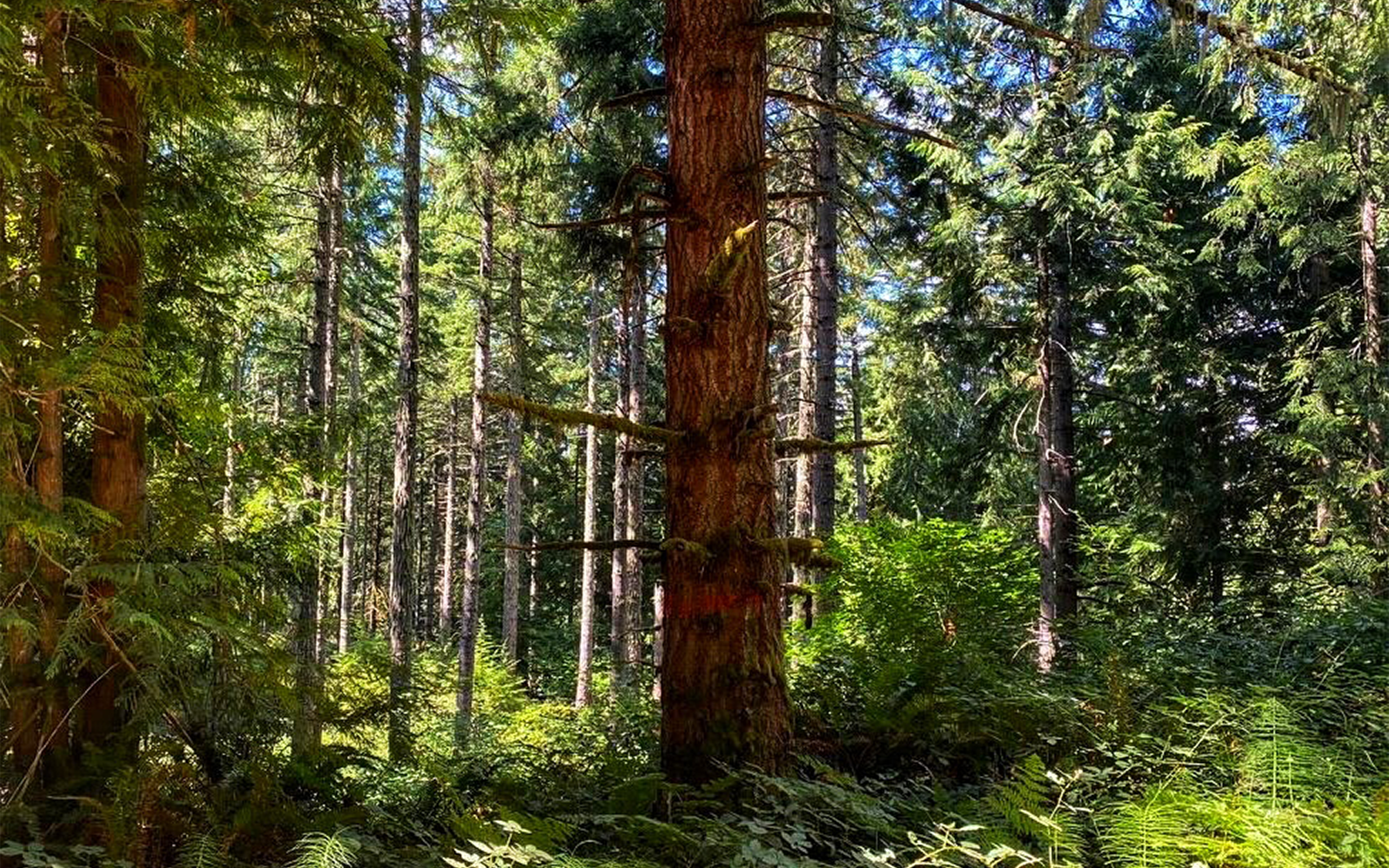FOR IMMEDIATE RELEASE
January 22, 2024
Contact:
Peter Jensen, Cascadia Wildlands, (541) 434-1463, peter@cascwild.org
Lindsey Hutchison, Willamette Riverkeeper, (971) 369-7590, lindsey@willametteriverkeeper.org
John Persell, Oregon Wild, (503) 896-6472, jp@oregonwild.org
Eugene, OR — In response to legal pressure, the Bureau of Land Management (BLM) withdrew the proposed 4,600-acre Big League logging project in the Calapooia and Mohawk River Watersheds northeast of Eugene.
In November, conservation organizations Willamette Riverkeeper, Cascadia Wildlands, and Oregon Wild challenged the agency’s failure to take the required “hard look” at the project’s impacts on a host of environmental values, including spotted owl habitat, carbon storage, stream flows, and water quality. Specifically, the proposal authorized clearcut logging of the last and highest quality older forest stands in the Calapooia and Mohawk River watersheds on already fragmented public lands.
Of particular concern, the agency failed to fully analyze the effects of logging and road construction activities on Upper Willamette River spring Chinook salmon, which are protected as a “threatened” species by the federal Endangered Species Act. According to a 2011 analysis by the National Marine Fisheries Service (NMFS), these salmon are at a “very high risk” of extinction and logging units within the Big League Project directly abut the species’ critical habitat in the Calapooia River.
In response to the lawsuit, the agency agreed not to move forward with logging in the project area unless and until the agency completes a robust public process, including further National Environmental Policy Act analysis, public comment, and Endangered Species Act consultation for Upper Willamette spring Chinook salmon. In response to these commitments, the conservation groups dismissed their legal challenge.
“While we are pleased that the Bureau of Land Management has opted to shelve the Big League Project,” said Peter Jensen, legal fellow with Cascadia Wildlands, “thoughtful and thorough consideration of environmental impacts and imperiled species must come far earlier in the planning process as a matter of agency priority, not legal reactivity.”
“It is unfortunate that the Bureau of Land Management is only willing to engage in critical and required environmental analysis after the agency has been challenged in court,” said Lindsey Hutchison of Willamette Riverkeeper. “It should not take a lawsuit to convince the BLM to follow the law.”
“We can all breathe a sigh of relief that, for now, these older stands can continue to grow and provide carbon storage to combat climate change and fish and wildlife habitat,” said John Persell of Oregon Wild. “Still, we will be tracking the BLM’s future actions in these watersheds closely to make sure the agency doesn’t try another end-run around bedrock environmental laws.”

